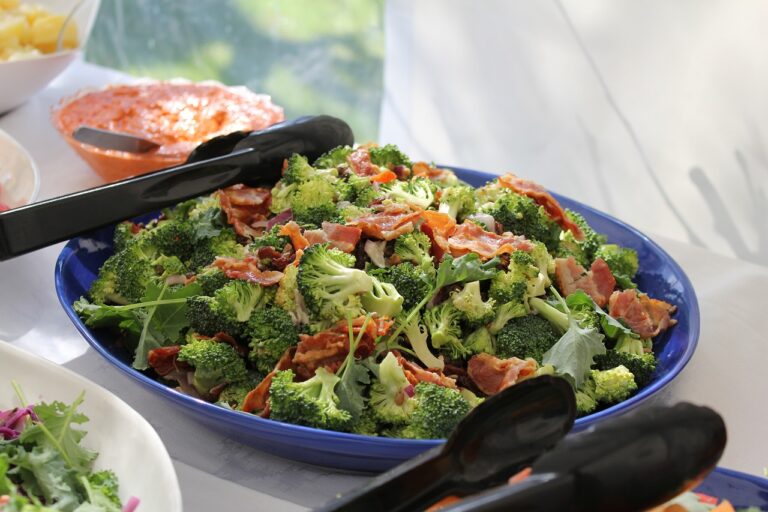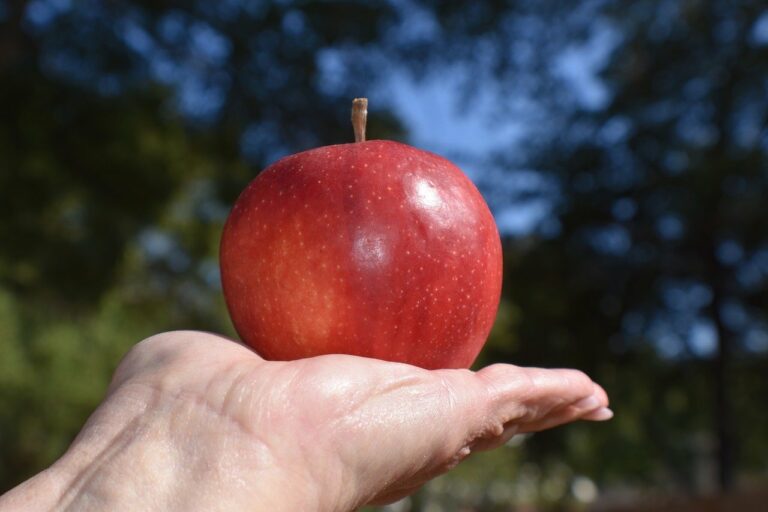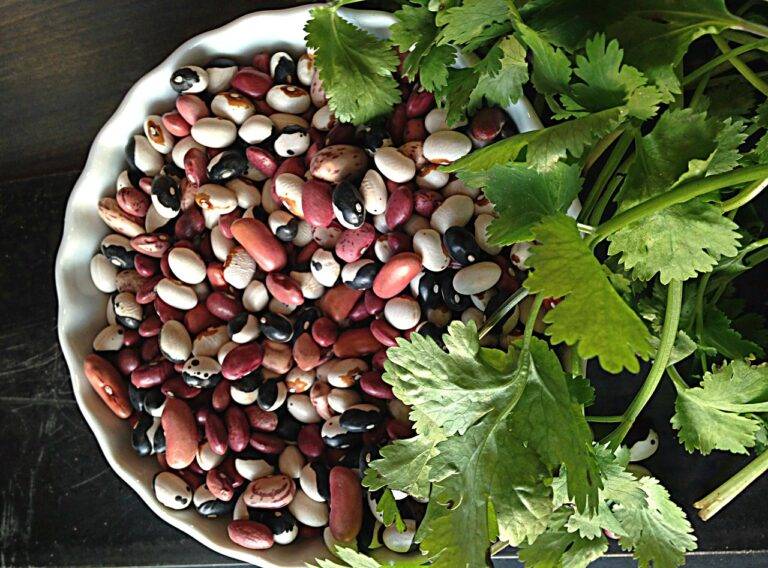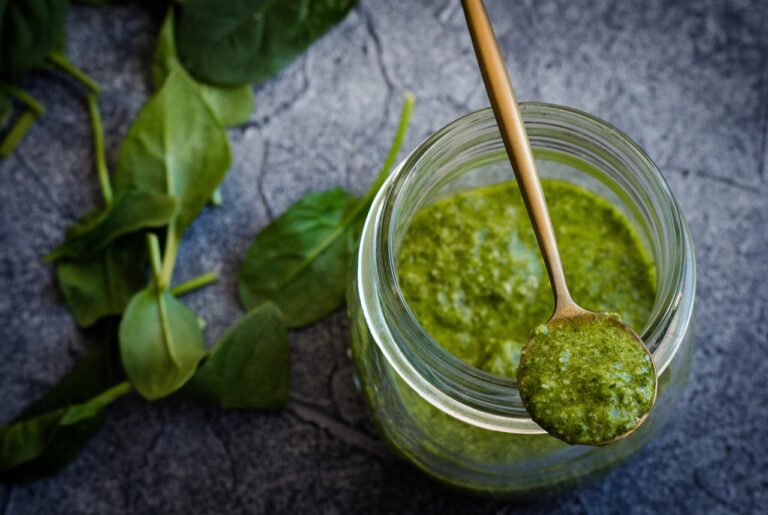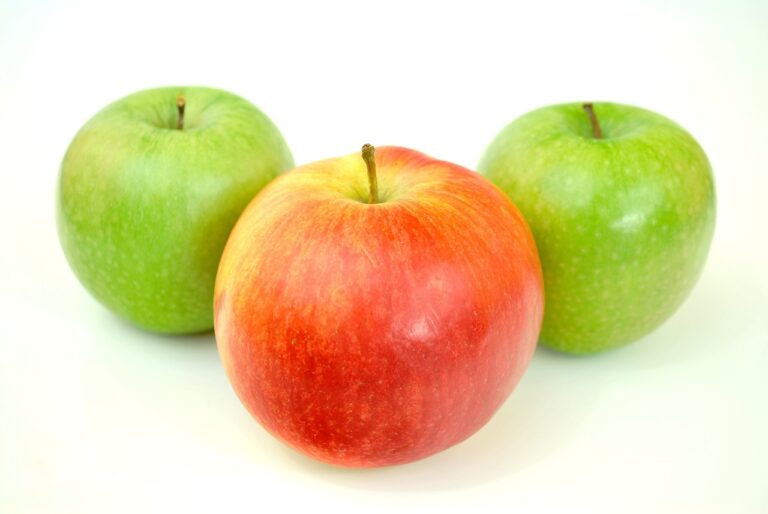Zero-Waste Cooking: Reducing Food Waste in the Kitchen
Reducing food waste in the kitchen not only helps the environment but also contributes to financial savings for households. By being mindful of the ingredients we purchase and using them efficiently, we can minimize unnecessary expenses and make the most of our grocery budget.
Moreover, reducing food waste promotes a more sustainable lifestyle by conserving resources and lowering greenhouse gas emissions. By making conscious decisions about how we store and consume food, we can play a part in reducing the overall environmental impact of food production and disposal.
Tips for Proper Meal Planning
To start with meal planning, take an inventory of what you already have in your pantry and fridge. This will help you determine what ingredients you need to purchase and what meals you can create using what you already have on hand. Being mindful of expiration dates can also prevent food waste.
Consider preparing meals in batches and utilizing leftovers for future lunches or dinners. This not only saves time during the week but also ensures that all your food gets used before it goes bad. Additionally, choosing versatile ingredients that can be used in multiple recipes can make meal planning more efficient.
• Take inventory of pantry and fridge
• Check expiration dates to prevent food waste
• Prepare meals in batches
• Utilize leftovers for future meals
• Choose versatile ingredients for multiple recipes
Creative Ways to Use Food Scraps
One creative way to utilize food scraps is by making vegetable broth. Instead of discarding vegetable peels and trimmings, simply collect them in a freezer bag until you have enough to make a flavorful broth. You can add herbs, garlic, and spices for extra depth of flavor, making a delicious base for soups and stews.
Another great way to reduce food waste is by turning fruit peels into flavored vinegars. Infuse apple peels, citrus rinds, or other fruit scraps in white vinegar for a few weeks to create a tangy and aromatic ingredient for dressings and marinades. This simple technique not only adds a burst of flavor to your dishes but also helps minimize kitchen waste.
Why is reducing food waste in the kitchen important?
Reducing food waste is important because it helps to save money, reduce environmental impact, and improve overall sustainability.
How can proper meal planning help reduce food waste?
Proper meal planning can help reduce food waste by allowing you to use up ingredients before they go bad, and by helping you to only purchase what you need.
What are some creative ways to use food scraps?
Some creative ways to use food scraps include making vegetable broth from vegetable peels, using citrus peels to make homemade cleaning products, and using leftover bread to make croutons or breadcrumbs.


